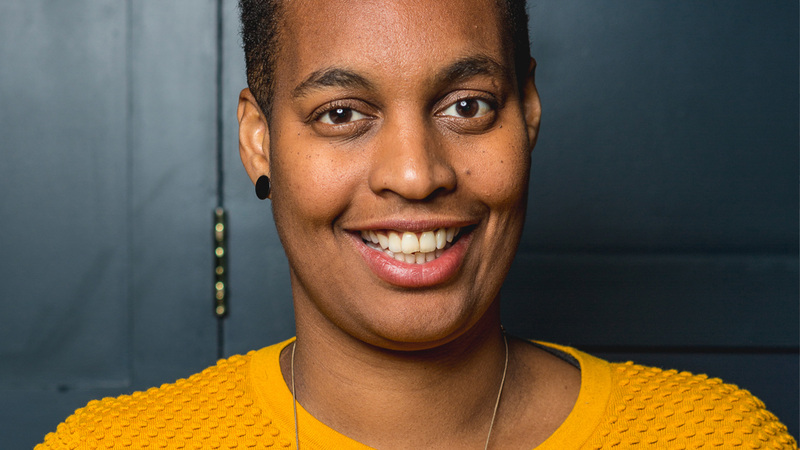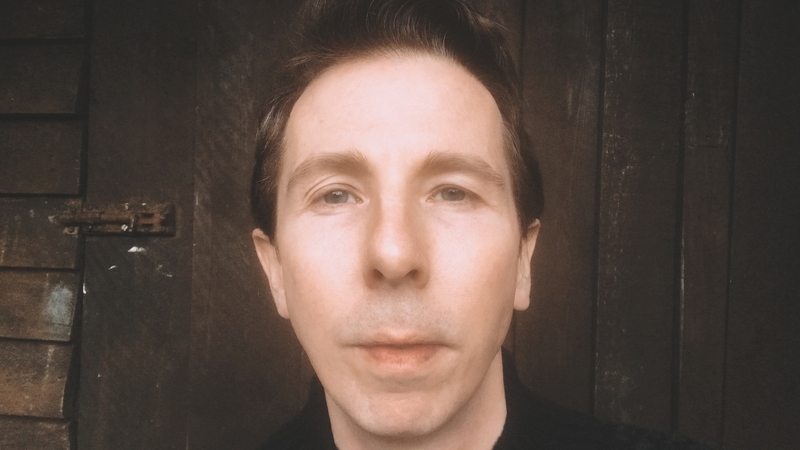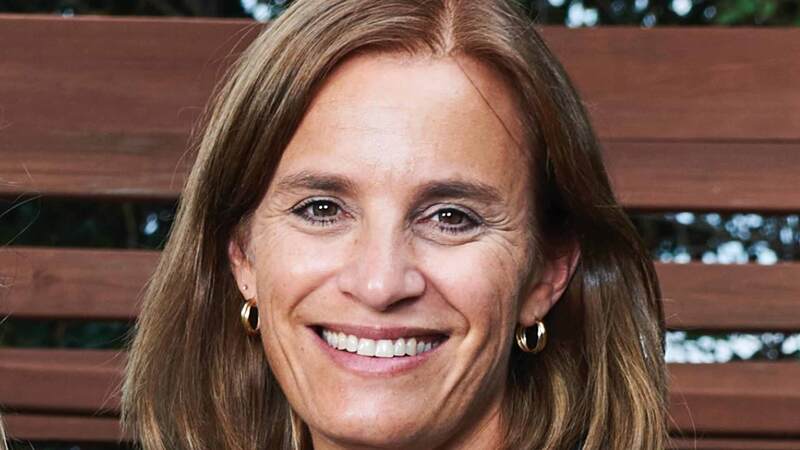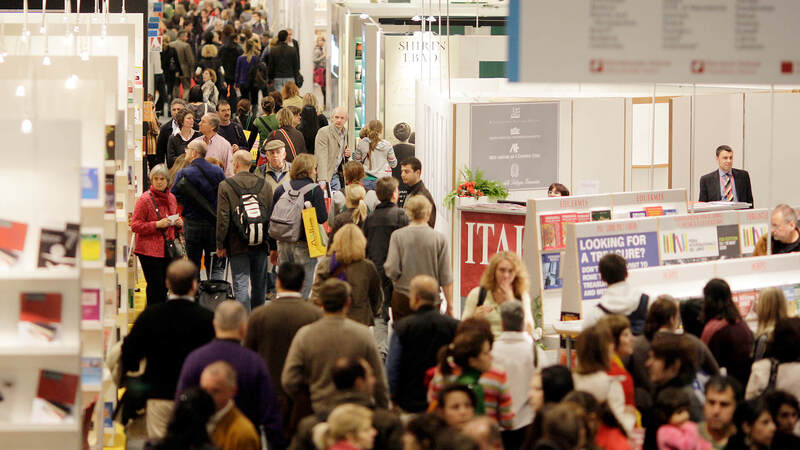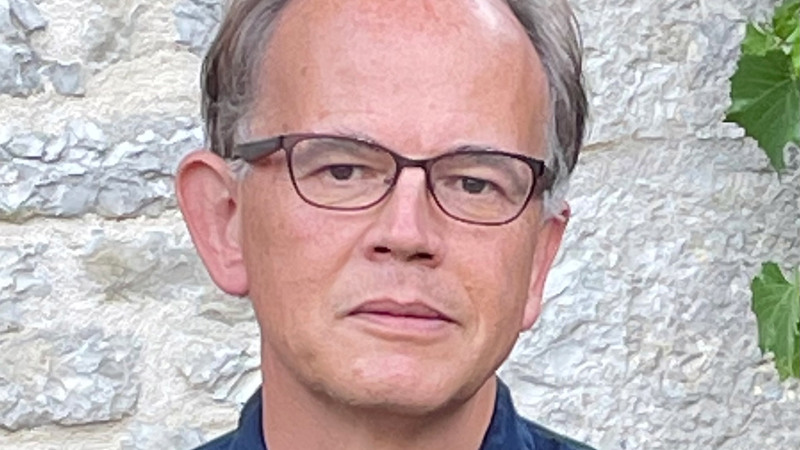You are viewing your 1 free article this month. Login to read more articles.
Cruise control
Publishers are businesses travelling at different velocities, but it would be rare to see one exceed the speed limit. At the Frankfurt Book Fair, as The Bookseller Daily has chronicled, the biggest news is still around the books and the rights deals. As one veteran bookseller said to me, when asked how the fair had changed 30 years on from his last visit: “It’s the same.”
After a decade of digital disruption—it may seem odd to say it—but publishing feels as though it has taken centre stage again, more confident than it has been for years. Many of the digital companies that once bestrode the fair with their ambition showing are struggling to adapt to a world that did not change as dramatically as their business plans suggested it would. What ought to have been publishing’s Achilles’ heel—that inescapable slowness—has actually proved to be its best asset. By concentrating on what they do well—making books—publishers have glided along the literary autobahn, accelerating with the pace of change only when they have had to.
The chatter this year has been focused on territoriality, author care, direct-to-consumer and subscriptions. At Contec, FBF’s somewhat mixed pre-fair digital conference, Bloomsbury executive director Richard Charkin talked of publishers needing to re-orientate and view the author as a customer. But he also conceded: “We talk it, but do we do it?”
In his on-stage interview with The Bookseller and other trade magazines, HarperCollins Worldwide c.e.o. Brian Murray articulated his vision for how a modern publishing business can adapt to this changing environment, while retaining its core identity. It will innovate only when it adds value, he said, not otherwise.
If this feels overly positive, it probably is. We should not pretend that there is not also an alternative narrative playing out, one not confined to Frankfurt.
At the Hachette party, the backdrop being its negotiations with Amazon over terms that will likely set the pattern for all others, there was a palpable sense of tension. Rival publishers would not articulate it, but their presence felt like tacit support for the French-owned business. “Thank God it’s them,” one was heard saying. It’s a line that can be read in a multitude of ways.
Amazon does not attend the Frankfurt Book Fair in any public way, and it is hard to ignore the fact that there is a growing publishing business—and author community—that sees Seattle as its Mecca, not Frankfurt.
This is a gap that will not close easily. From the outside it may look as though publishers are circling the wagons, not cruising the autobahn. But, on the inside, it feels more progressive: business as usual. In truth, neither view is completely accurate.










